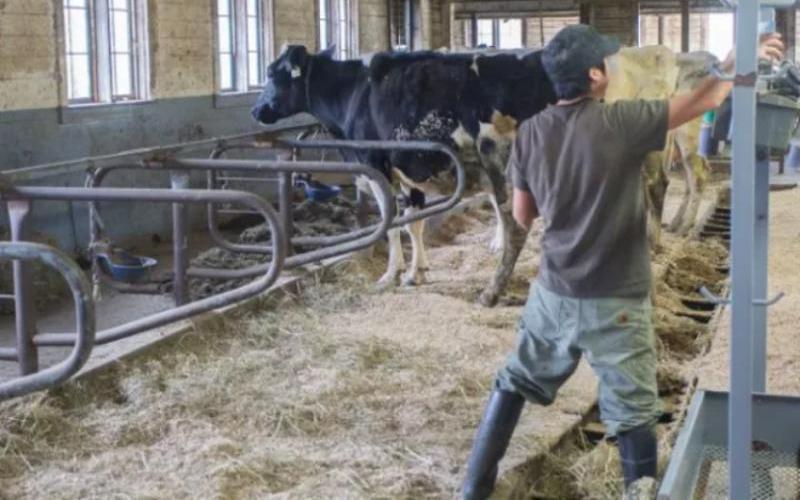Uruguayan Dairy Union Announces Strikes and Mobilizations
Sourse: es.edairynews.com
The dairy union in Uruguay announces strikes and mobilizations demanding sectoral dialogue, raising alarm in the milk industry.

The Federation of Dairy Workers and Employees (FOEIL) in Uruguay is demanding a sectoral dialogue table amidst a looming labor conflict that could halt production. The FOEIL has declared a series of strikes and mobilizations in pursuit of labor improvements and dialogue, affecting the nation’s major dairy companies and highlighting tensions within the milk value chain.
The labor union, representing workers in dairy product processing and packaging, is advocating for negotiations covering not only salary conditions but also job stability, working conditions, and the sector's future. The suspension of activities in dairy plants could directly and significantly impact the entire value chain. Dairy producers might encounter challenges in placing their raw milk, causing substantial economic losses. Meanwhile, the absence of dairy products in the market would impact consumers and potentially harm the country’s dairy industry reputation, particularly in export markets. Such labor conflicts in key sectors like dairy are closely observed by the international agro-industrial community. These scenarios underscore the necessity of effective dialogue mechanisms and strong relationships among stakeholders to avoid disruptions in food production and supply.
Uruguay’s ability to resolve this conflict quickly and fairly will be crucial in maintaining confidence in its dairy sector. Ultimately, the announcement by the dairy industry union in Uruguay underscores the need for swift intervention and productive negotiation. Establishing a sectoral dialogue table is essential to address workers' demands and ensure the continuity of a vital industry for the country's economy and its role in the global dairy market.
The labor union, representing workers in dairy product processing and packaging, is advocating for negotiations covering not only salary conditions but also job stability, working conditions, and the sector's future. The suspension of activities in dairy plants could directly and significantly impact the entire value chain. Dairy producers might encounter challenges in placing their raw milk, causing substantial economic losses. Meanwhile, the absence of dairy products in the market would impact consumers and potentially harm the country’s dairy industry reputation, particularly in export markets. Such labor conflicts in key sectors like dairy are closely observed by the international agro-industrial community. These scenarios underscore the necessity of effective dialogue mechanisms and strong relationships among stakeholders to avoid disruptions in food production and supply.
Uruguay’s ability to resolve this conflict quickly and fairly will be crucial in maintaining confidence in its dairy sector. Ultimately, the announcement by the dairy industry union in Uruguay underscores the need for swift intervention and productive negotiation. Establishing a sectoral dialogue table is essential to address workers' demands and ensure the continuity of a vital industry for the country's economy and its role in the global dairy market.
Key News of the Week











